NVIDIA's next-gen graphics cards (GPU) are here, and upgrading your PC with one of our picks for the best PSU for the RTX 3080 ensures it will have enough power to reach its full potential. Underpowered or aging power supply units (PSU) can cause crashes and system instability, which is not what you want to see when loading the first game with the new GPU. NVIDIA recommends at least a 750W PSU for the RTX 3080, which is where we will focus here.
Reliable And Efficient
EVGA SuperNOVA P2 750
Staff Pick
EVGA's SuperNOVA P2 has 750W of power and comes at a competitive price for what you're getting. It has an 80 Plus Platinum efficiency certification, meaning it should run at about 92% efficiency when at half load. It's fully modular to ensure you only use the cables you need, and it has a 10-year warranty to protect your purchase.
Total Overkill
be quiet! Dark Power Pro 12
Editor's choice
The be quiet! Dark Power Pro is truly a beast, putting up 1,200W of power and an 80 Plus Titanium efficiency rating (netting about 94% efficiency at full load). This is a lot of power for those who want the best CPU and, perhaps, multiple GPUs. It's fully modular for easy cable management, and it comes with a 10-year warranty.
Also Great
Corsair RM750x
Corsair makes some solid PSUs, and its RM750x has just the right amount of power to handle the RTX 3080. It has an 80 Plus Gold efficiency rating (about 90% efficiency at a half load). It comes with a 10-year warranty. It's completely modular for easy cable management; no extra cables stuffed into your PC case.
High-End Power
Seasonic Prime TX-750
This is another PSU certified at 80 Plus Titanium, this time with a more modest 750W power output for those who aren't planning on anything overly extravagant. It's fully modular, so your PC case isn't crammed with cables, and it has a lengthy 12-year warranty to protect your purchase. If you have a bit more room in your budget, it should make a great choice.
Budget Pick
Cooler Master MasterWatt 750
It's understandable if most of your PC budget goes toward the RTX 3080, and in that case, something like the 750W MasterWatt from Cooler Master is probably appealing. Its 80 Plus Bronze certification means it's less efficient, but it still comes with a five-year warranty and is partially modular to avoid some cable clutter. It's also a lot more affordable than our other picks.
Best PSU for NVIDIA RTX 3080
While NVIDIA recommends a 750W PSU for the RTX 3080, it tested a system with a 10th Gen Intel Core i9-10900K processor (CPU). That's a rather hefty CPU with a TDP of 125W, so depending on your personal system setup, you might be able to get away with something like 650W, especially if the PSU is new. If your PSU is showing its age, it's never a bad idea to prepare your PC for the RTX 3080 upgrade to prevent failures and damage to other parts. Yes, the new NVIDIA RTX 30-series GPUs have a 12-pin connector, but they will come with an adapter for your older connectors.
Ready to upgrade to a new PSU for your RTX 3080? We recommend checking out EVGA's 750W SuperNOVA P2. It hits the recommended NVIDIA power level, it has a high 80 Plus Platinum efficiency rating meaning it sucks up less power, and its cables are fully modular. You're only going to use the cables you need, creating less clutter in your PC case. It has a 10-year warranty, and it's priced competitively.
And if you're going for full power no matter how much hardware you cram into your PC, there is the be quiet! Dark Power Pro 12. Our be quiet! Dark Power Pro review gave it a glowing look, no doubt due to its 80 Plus Titanium efficiency rating, 10-year warranty, and fully-modular cable setup. It runs quiet, and it uses only the best components. It's expensive, but if you have the budget, it should make a great choice.
Be sure to check out our overall collection of the best power supply units for gaming for a lot more options, and have a look at our best graphics card picks to see what's going on with the new NVIDIA RTX 30-series GPUs. If you're on the fence about the GPU itself, be sure to have a look at our NVIDIA GeForce RTX 3080 review for more information.

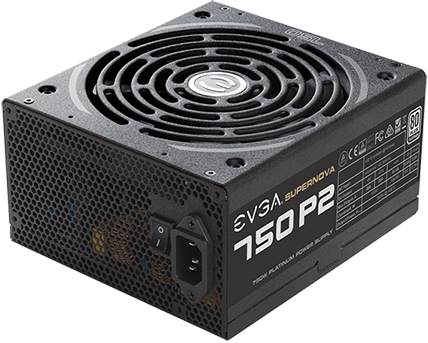
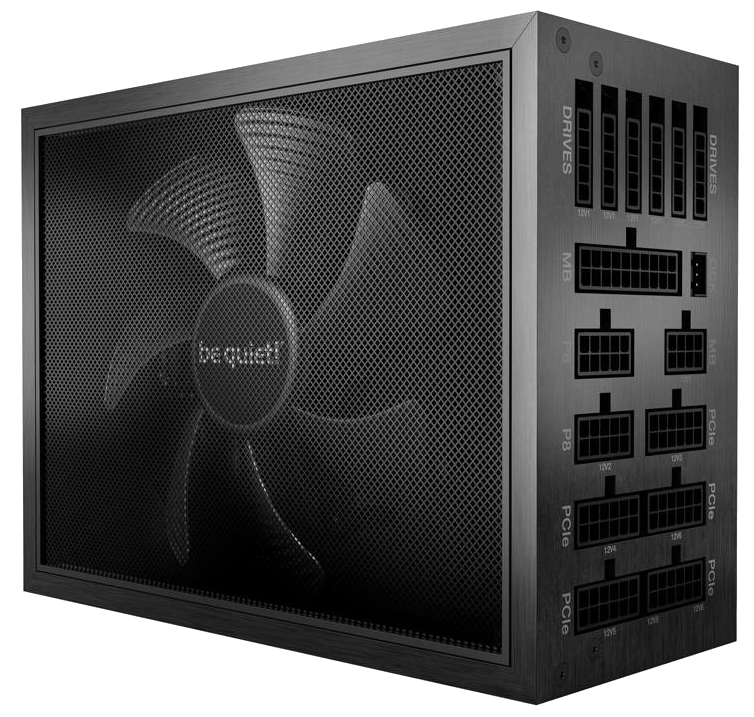
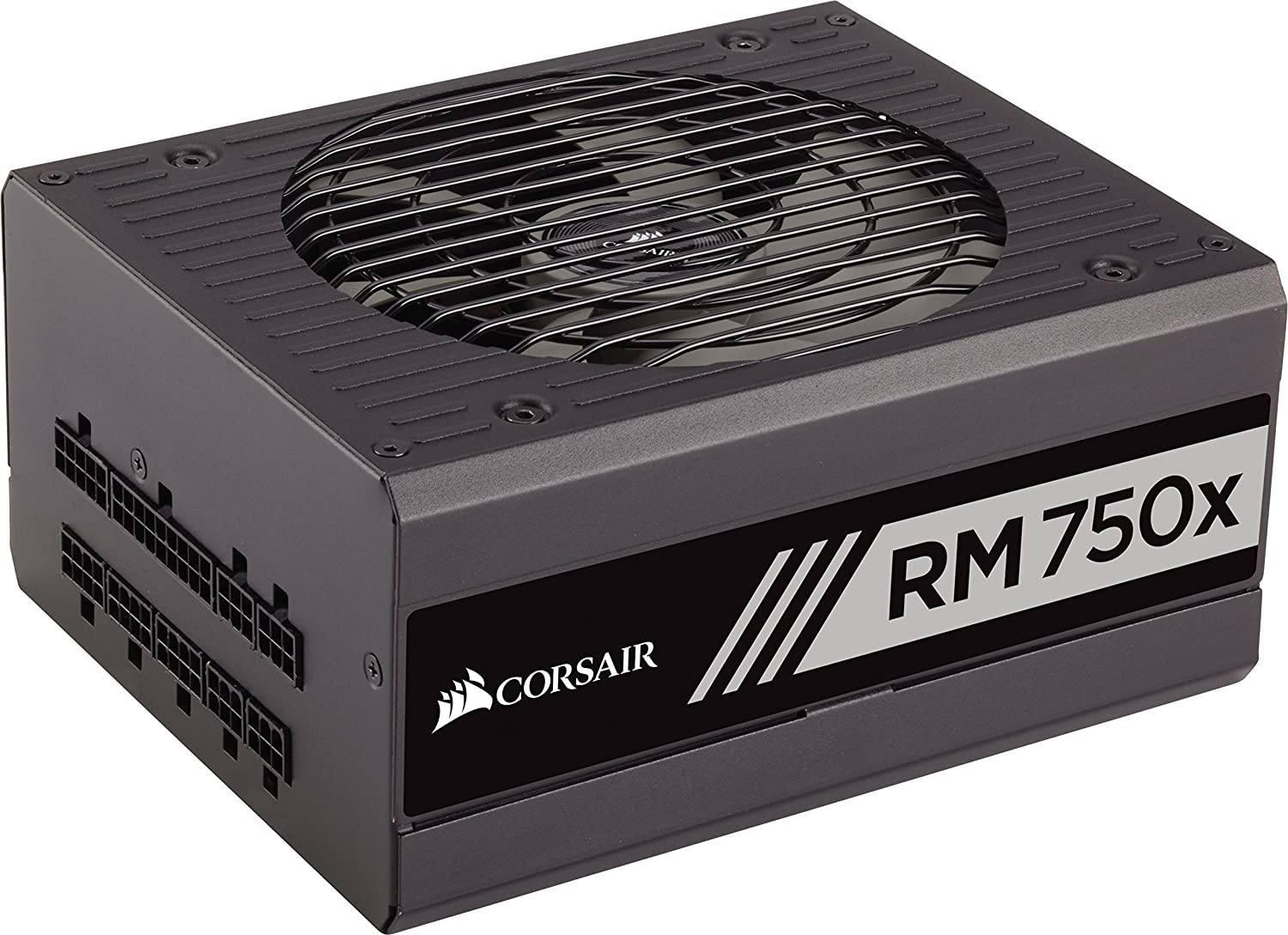
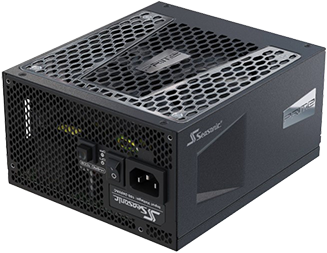
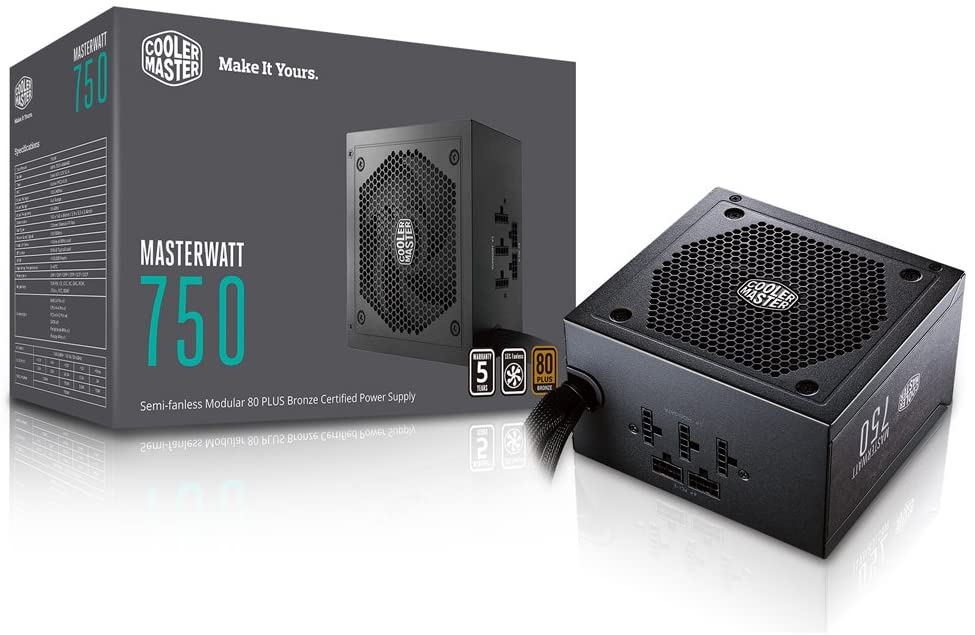
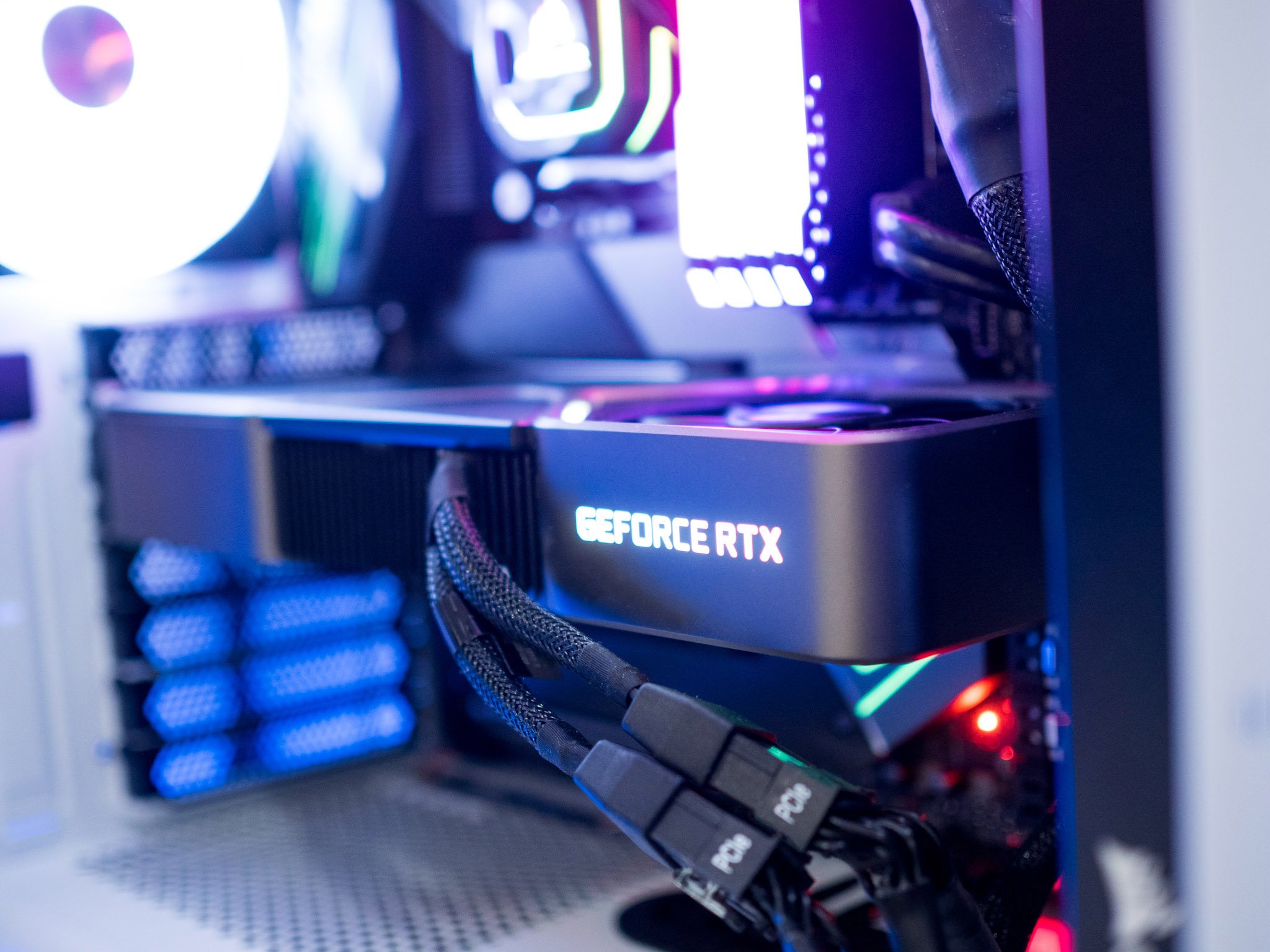




0 comments:
Post a Comment